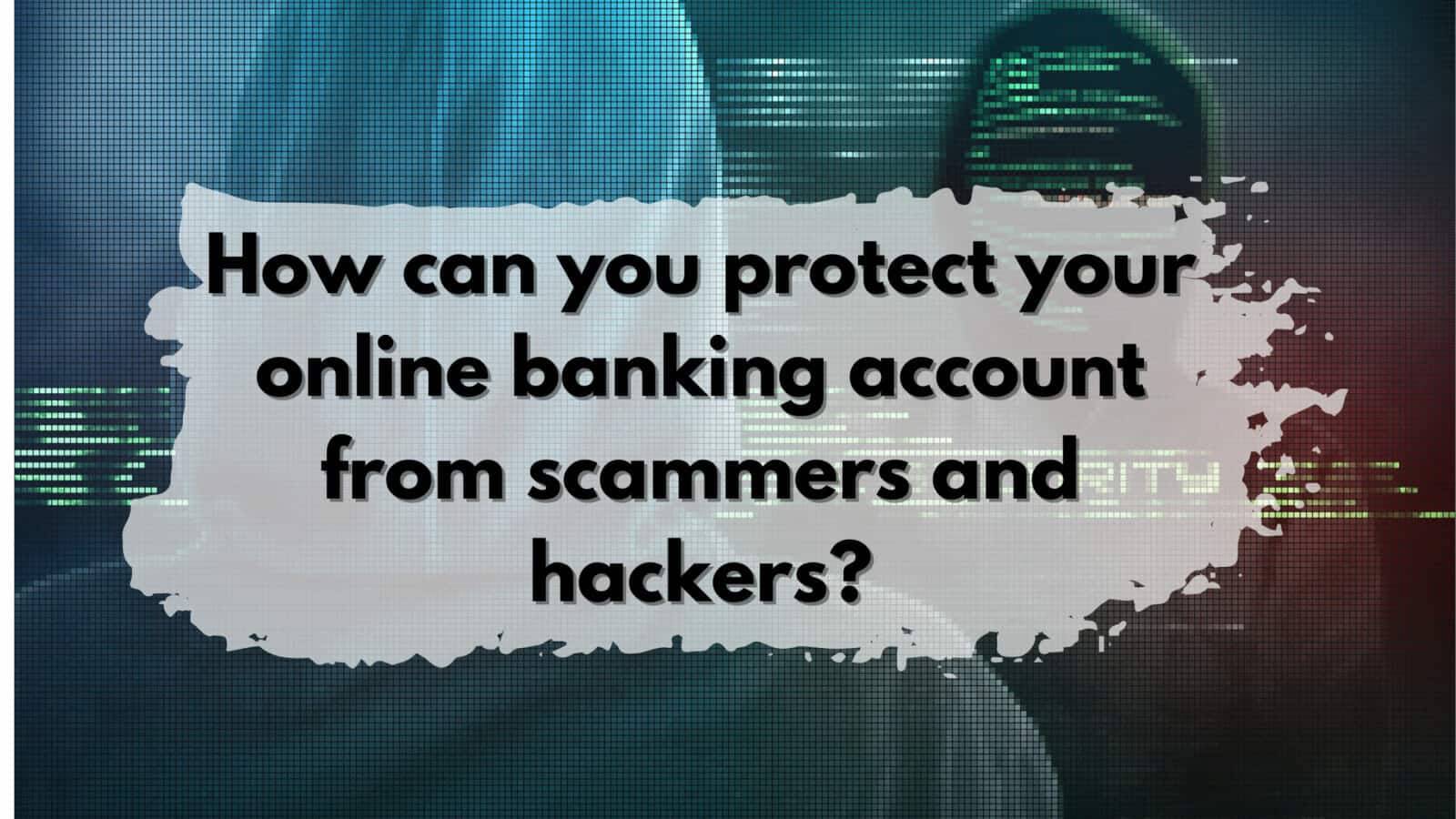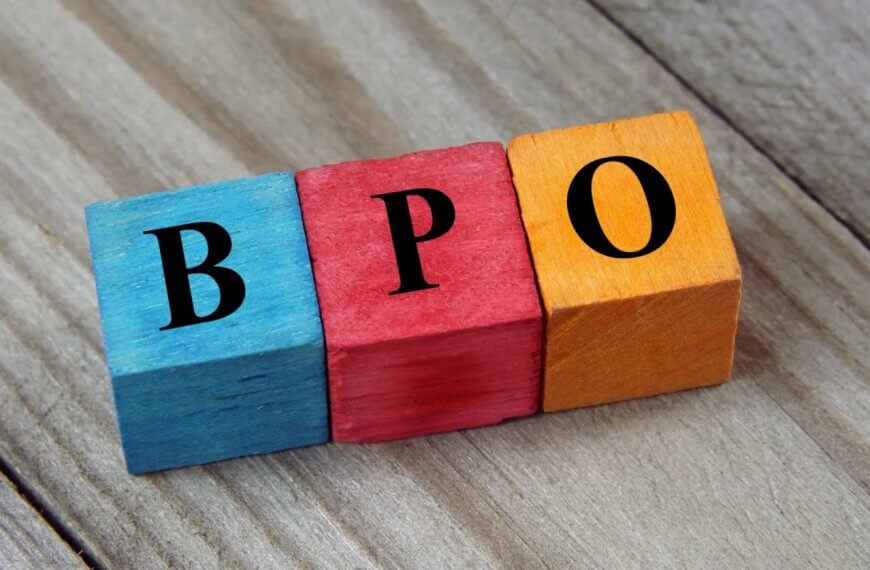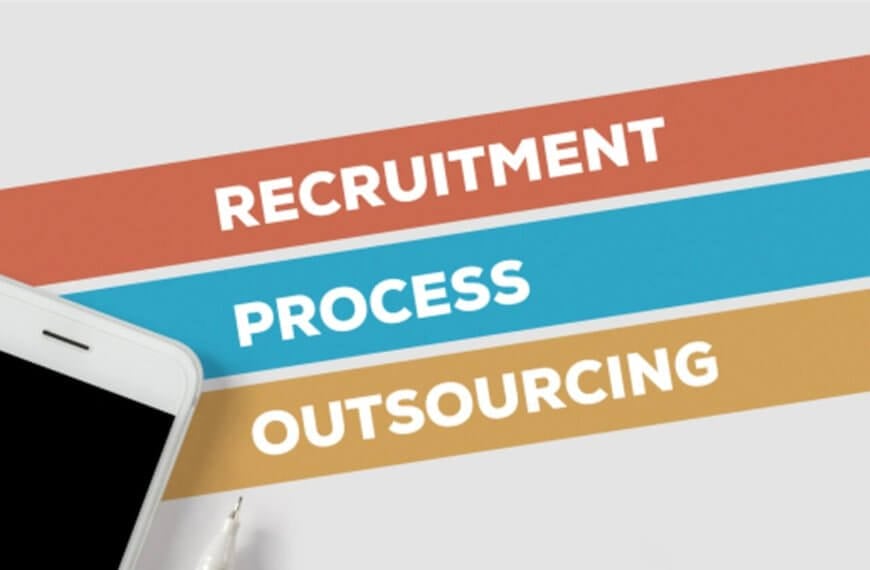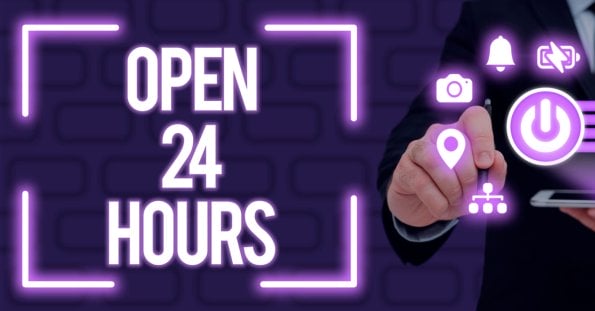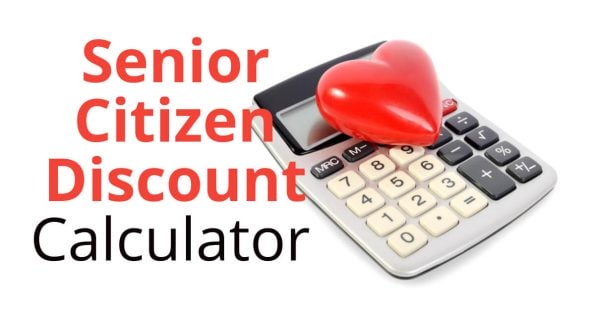Have you ever been paranoid when using your phone at the shops, afraid that someone might be trying to hack into your account? If so, then I have some good news for you.
Hackers and scammers are always looking for ways to steal your money and identity. However, you can protect yourself by taking small steps to save your online banking account with a strong password with numbers, symbols, and letters.
It’s also important not to click on links or attachments from unknown emails or websites because they contain malware that can take over your computer and steal passwords.
What is the best way to keep hackers and scammers away from online banking accounts?
You can do several other simple things to help keep hackers at bay. For example, keeping hackers and scammers away from your online banking account is as simple as being careful with who you share personal information with. It’s also essential not just for bank accounts but credit card numbers.
Banking can provide a lot more convenience than most people realize – if handled correctly.
There are ways to keep hackers and scammers away from your online banking accounts. The following tips can help:
- Suspicious emails, clicking links, and opening attachments are not a wise idea.
Don’t open suspicious emails or click on unknown links. In general, it is wise to exercise caution when interacting with people online via email and other means of communication. Always some want something from you- especially if they don’t consider our well-being in their plans for the future.
- Always use strong passwords with numbers and symbols.
Passwords are the lifeblood of your digital identity. They keep you safe from hackers who want access to all that valuable information about what scares them most: money, power, or just general mischief! So please make sure they’re secure and easy for people around the world.
A strong password uses numbers and symbols. This way, if you have a memorization problem or are too lazy to think of an easy-to-remember phrase for your login details, then these will be protected by the complexity level instead.
- It is a good idea to change your password at least once a month.
You know that thing we always say about changing your password once a month? Well, it’s not just for when you’re bored or have nothing better to do.
The benefits of doing this are great because they can be calculated in hours, decade after decade. That is because by simply making sure all those passwords remain updated at least one time every thirty days, hackers won’t even stand a chance against us anymore.
Changing your passwords often, at least every month, is recommended. It will help keep you safe from hackers who want access to personal information like bank account numbers and email addresses.
- Install malware protection software on all of your devices
Don’t risk it! All of your devices are vulnerable to malware, so protect yourself by installing the right software on them.
The malware is difficult to combat. Therefore, it would be best to protect yourself and your devices from these viruses with anti-malware software to ensure they don’t get onto any of yours.
You should install an app like AVG, BitDefender, or VPN. Smartphone apps have become much more popular in recent years for this very reason—to keep their user’s safe while on the go, especially if we’re talking about children.
One thing everyone needs protection against, though, no matter where someone turns around them. There will always be a computer hack trying its hardest at getting inside OUR personal lives – so whatever happens, use caution when checking email attachments.
- Make sure all security settings function in your browser.
Use the latest version of your browser. You can check this by clicking “about” on any page and looking for an icon with three vertical dots inside a circle next to its name, which usually corresponds with what operating system or program type it works for. Make sure you have all of your security settings turned on in the browser.
Thoughts
One of the simplest is using a password that’s difficult for others to guess or crack, like words found in a dictionary with numbers thrown in.
If you want something even more secure than this, consider turning on two-factor authentication. In this way, those who attempt to access your email accounts or bank accounts will fail with the security you have.
